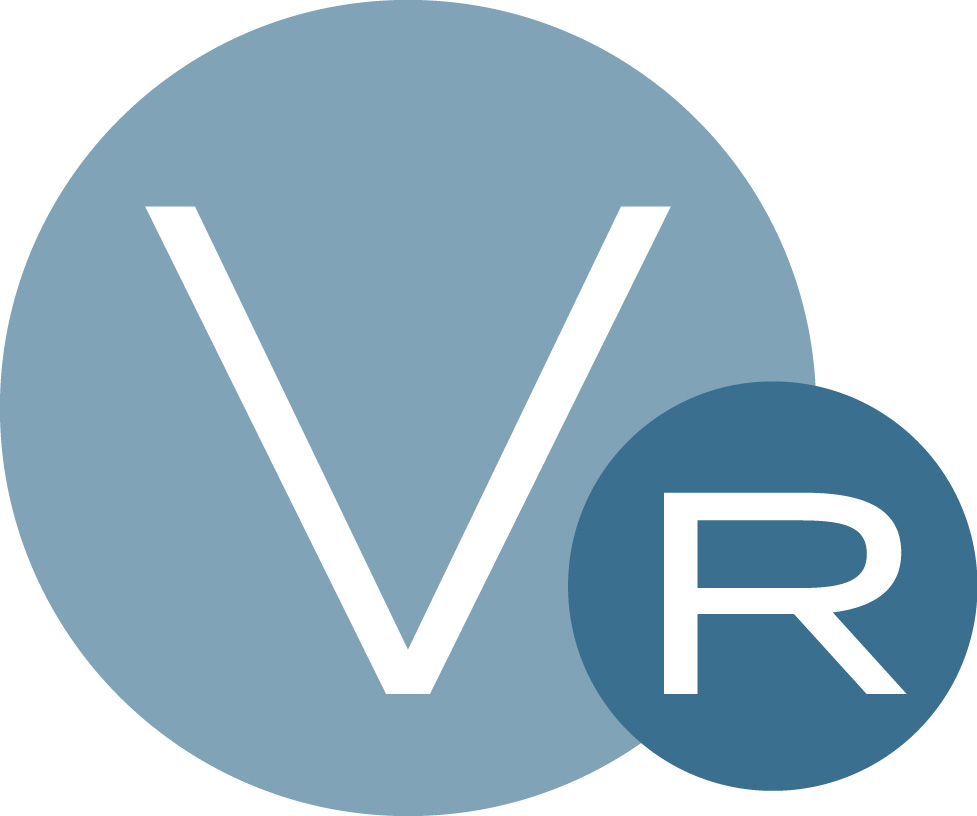Whew. This report has been a long-time in coming, and I'd be lying if I didn't say that producing it has cost me at least one of my nine catty lives...at the same time, it's the rare project for me wherein I really learned a lot of things that I did not know before, and I feel we broke new ground because there is so little in-depth research in the area. For those of you too lazy to read it all, the main points: To Read the full Report, Click Here: Messaging to African American Communities
- majority of African-Americans do not see LGBT equality as a logical extension of the civil rights movement. This is not because they are more or less anti-gay than other Americans; rather, they ascribe a very unique and personal description to the words "civil rights," whereas other Americans tend to use "civil, equal, and human" rights inter-changeably.
- When asked to define civil rights, many African Americans go directly to examples of issues that were problems during the civil rights era of the 1950s-1970s, or even the specific wrongs remedied by the Civil Rights Act. Thus, when asked whether or not the phrase applies to the struggles of gays and lesbians, often respondents go to unfavorable comparisons between the two groups, e.g. "the last time I checked, they (gays and lesbians) could eat in a restaurant," or "they have the right to vote."
- In contrast, using the terms "equal rights" or "human rights" to describe LGBT equality causes positive associations and respondents typically said "we are all human," or "we are all created equal."
- Discrimination is the great equalizer (unfortunately), in that African-Americans overwhelmingly recognize that gays and lesbians also face discrimination and feel that the problems of African Americans and LGBT Americans in this area are far worse than those faced by other groups. Haye crimes, bullying, job and housing discrimination, and benefits for unmarried partners are all seen as problems for both groups. Marriage is not considered as a discrimination issue.
